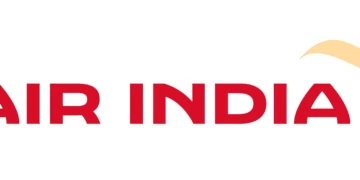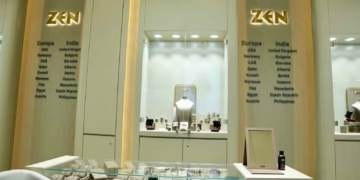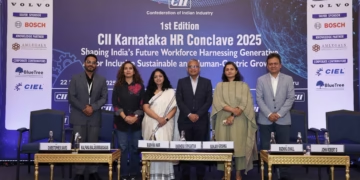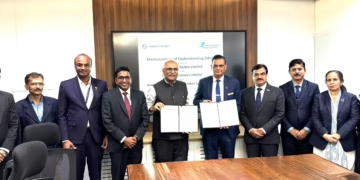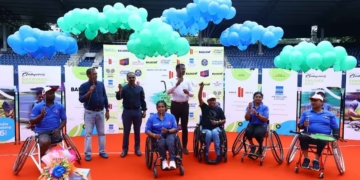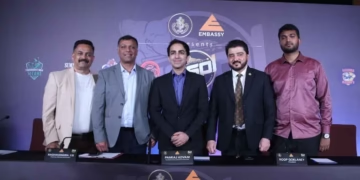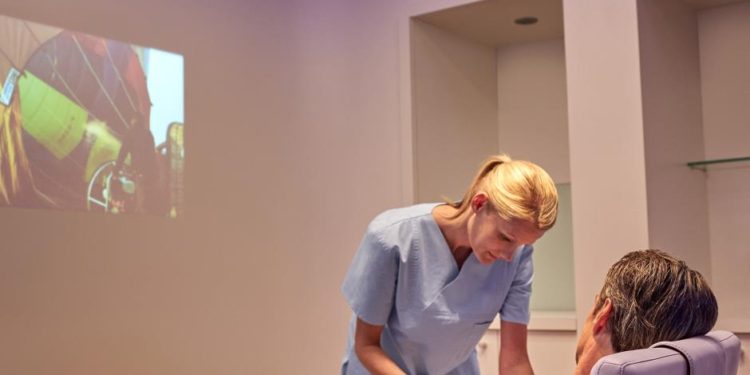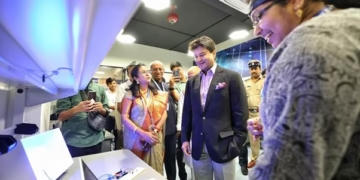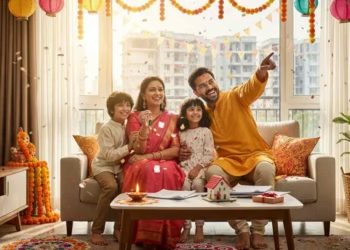Dec 01, 2020
- Patient-friendly atmosphere creates positive distraction through the use of engaging audio, video, and lights to help children relax and prepare for PET/CT examinations to diagnose cancer
- Industry-unique radiology department solution aims to support first-time-right diagnosis and therapy monitoring by alleviating fear and anxiety in patients, thereby reducing the need for repeat scans while improving patient and staff experiences
Amsterdam, the Netherlands and Phoenix, AZ, U.S. – Royal Philips (NYSE: PHG, AEX: PHIA), a global leader in health technology, today announced successful installation of a Philips PET/CT scanner, Vereos, with Ambient Experience at the Phoenix Children’s Hospital (Arizona, U.S.). In addition, Philips has installed two Ambient Experience uptake rooms at the hospital. These are waiting rooms for children and parents while the PET radiotracer, used to show the potential presence of cancer lesions, is absorbed. Following a recent Ambient Experience install at the new Hospital CUF Tejo (Lisbon, Portugal), it brings Philips close to its 2,000th Ambient Experience implementation worldwide.
The scanner at Phoenix Children’s Hospital will be used for oncological PET/CT examinations to help define the stage to which a cancer has developed, and monitor treatment. Preparing for and undergoing a scan can be a major source of fear and anxiety due to the prospect of finding cancer or discovering that one has spread, and can adversely affect the quality of medical imaging. This is because anxious patients are less capable of complying with instructions such as lying still. In the case of PET/CT imaging their anxiety can lead to physiological effects such as excessive uptake of the radiotracer in their muscles and brown fat, making it more difficult to differentiate cancer tissue. Philips Ambient Experience solutions are designed to help alleviate the patient’s fear and anxiety, improving the patient experience and helping to achieve first-time-right precision results [1].
Working with Philips, we managed to help the children, and also their parents, achieve a sustained sense of calm during the entire PET/CT imaging procedure while enabling faster image acquisition, faster time-to-results, and reduced need for anesthesia.
Dianna M. E. Bardo MD
Vice-Chair Clinical Development Radiology at Phoenix Children’s Hospital
“Working with Philips, we managed to help the children, and also their parents, achieve a sustained sense of calm during the entire PET/CT imaging procedure while enabling faster image acquisition, faster time-to-results, and reduced need for anesthesia,” said Dianna M. E. Bardo MD, Vice-Chair Clinical Development Radiology at Phoenix Children’s Hospital. “By reducing fear and anxiety in both the children and their parents, the solution also makes the radiology department a much more pleasant and satisfying place for our staff to work.”
“Patients play a critical role in their own health care. A patient centric approach that addresses their emotional needs will help patients relax and better comply with staff instructions,” said Werner Satter, General Manager Healthcare Experience Solutions at Philips. “Ambient Experience helps bring together all the elements of the Quadruple Aim, because improving the patient and staff experience has a direct impact on patient outcomes and workflow efficiency, thereby helping to reduce the cost of care.”
Improved experiences, enhanced workflow efficiency
Due to the COVID-19 pandemic, radiology departments are encountering more patients who are feeling fearful and anxious, which can disrupt the diagnostic imaging process [2]. Conventional medical equipment and imaging rooms can be intimidating and therefore increase patient fear. Research has shown that high levels of anxiety were present in around 91% of patients waiting to undergo a radiological exam [3]. Anxious patients are less capable of complying with staff instructions, while stress can have a physiological impact on some patient test results, which may lead to complications or discrepancies in diagnosis and, ultimately, in treatment.
Ambient Experience applies human-focused innovation and design thinking to give patients of all ages and staff an engaging and pleasant experience, improving the efficiency of diagnostic and therapeutic procedures and generating confidence in the services and reputation of the healthcare provider. It achieves this through a unique combination of multimedia elements and video themes, backed by comprehensive service and support. Ambient Experience environments can be integrated with MR, PET, CT, DXR, and IGT rooms to promote positive distraction and active relaxation in patients, while also helping staff to work under less pressure and within schedules.


